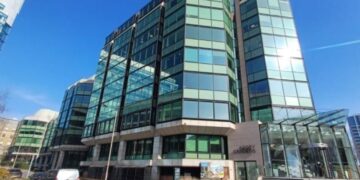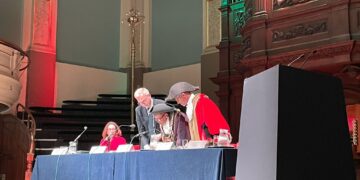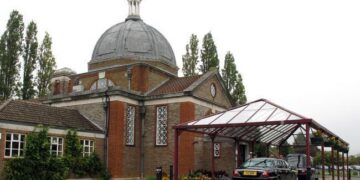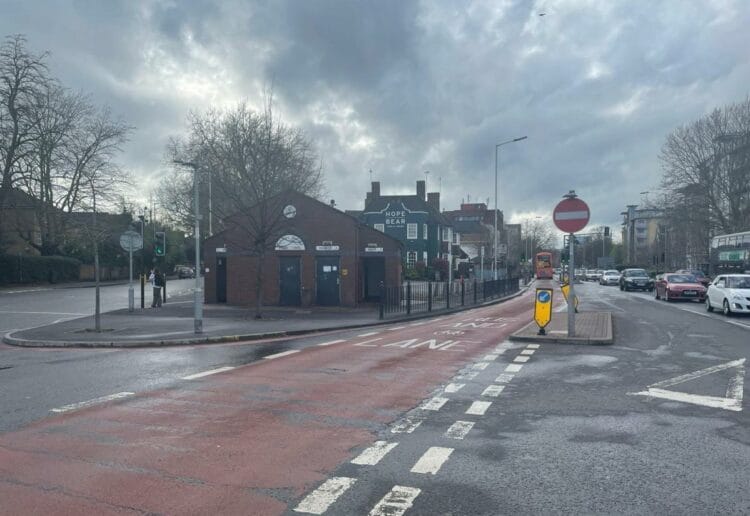
The Prime Minister has announced he is ‘slamming on the brakes on the war on motorists’, promising to stop ‘hare-brained schemes’ which penalise drivers.
In response, the Department for Transport (DfT) has published a Plan for Drivers.
This comprises 30 actions which supposedly respond to drivers’ priorities.
Some are positive, with the Government pledging £20 million for AI to improve traffic flow across town centres.
It promises to broaden the eligibility for EV Charge-point Grants to those without off-street parking.
DfT will develop new road condition data to make it easier for local authorities to deal with road faults such as potholes.
There are commitments to accelerate connecting EV charge-points to the grid, and clamp down on roadside littering.
Consultations are promised, including on fairer insurance claims and measures to speed up and make easier the process for installing charge-points.
Many of the proposals are not only bad for other road users but bad for drivers.
The Plan suggests that bus lanes should only operate when buses are running or when ‘traffic is heavy enough to cause delays to buses’.
First, the purpose of bus lanes is to ensure that buses provide a reliable, efficient and appealing way to travel to encourage people out of their cars. I know all too well the frustration of sitting in traffic and staring resentfully at an empty bus lane. Nonetheless, buses reduce traffic.
One full double-decker takes 76 cars off the road. The more people that get the bus, the fewer cars there are on the road and the less congestion there is for those who need to drive.
Second, bus lanes also serve as cycle lanes and therefore keep cyclists out of vehicle lanes. This makes cycling safer and more attractive. The more people who cycle, the fewer cars there are on the roads and the less congestion there is for those who need to drive.
The best way to deal with congestion is not to restrict bus lanes, but to reduce the number of people who use their cars by making bus travel quicker and cycling safer.
The Plan is premised on a media perception there is a ‘war against motorists’.
Improving public transport and active travel should not be seen as an attack on drivers.
Many people are reliant on their cars or vans for work or due to physical issues and they should not be penalised. This is not an either-or situation. It is simply about providing drivers with a choice, and the nearly a quarter of the population without access to a car the services they need to get around.
In 2022, the average duration of a trip by car or van was only 21 minutes.
For that short a journey, if public transport was better, how many drivers might choose to leave the car at home?
The more people who leave the car at home, the fewer cars there are on the roads and the less congestion there is for those who need to drive.
Cllr Stephen Goss is Conservative ward member for Emmer Green
























